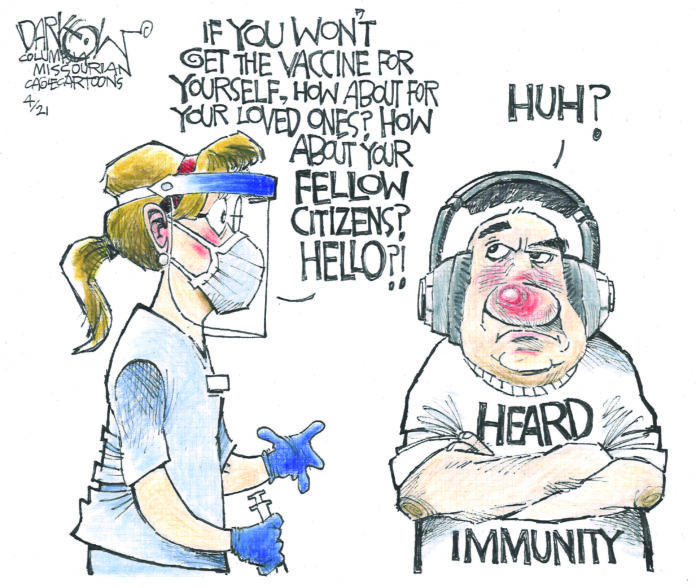What is the meaning of duty and how it might be helpful in leading a good and meaningful life in this world?
There are many circumstances in which the concept of duty has been misused to control and manipulate people to do things that are not only not good but arguably quite evil. How many times in history has the excuse “I was simply doing my duty” been used to justify doing the wrong thing rather than the right thing?
At its worst the concept of duty can be used as an excuse for not doing the hard work of thinking through one’s own moral responsibility in complex and uncertain moral situations, and this can lead to the dangerous practice of letting other people make your moral decisions for you.
In moral philosophy, this is what we call heterenomy, as opposed to the autonomy that is required for true moral responsibility.
I think we all understand the dangers of people relying so heavily on the concept of duty that they lose their moral autonomy and become overly beholden to the moral whims of authority figures within society. The Nuremberg Trials showed us in bold relief how badly the concept of doing one’s duty can be abused. The excuse of “I was just following orders” or “I was simply doing my duty” when committing atrocities is a prime example of such an abuse.
In these reflections, however, I want to take some time to focus on the upside of duty more than its downside.
At its best, in its most helpful form, duty reminds us that in the midst of our expression of freedom in this world, we also have responsibilities in relation to each other – we have obligations in relation to each other – in other words, we have duties in relation to one another.
The 18th and early 19th century German philosopher, Immanuel Kant, is perhaps the most well known Western philosopher for developing a moral philosophy centered on the concept of duty. The approach that Kant used in his moral philosophy is called the deontological approach, and the Greek word deon means “duty” or “obligation.”
Kant held the view that actions are inherently right or inherently wrong, and it is our duty to do that which is right and avoid doing that which is wrong. Kant believed that human reason has the ability to ascertain what we ought to do and that reason has the ability to understand moral law. Once we have determined the nature and content of moral law, it is our moral duty to follow that law, no matter what the consequences might be.
Let me be clear at this point: I do not personally adhere to the deontological approach to ethics as I think that the context of a moral situation and the consequences of our actions play a more significant role in determining whether an action is morally fitting than Kant was willing to grant, but I do deeply appreciate Kant’s moral claim that we have duties in relation to one another based on our experience that all persons have inherent worth and dignity that ought to be respected. It was this insight that became the core principle of the United Nations Universal Declaration on Human Rights.
I would also expand this sense of duty to include moral obligations in relation to non-human animals as well.
Immanuel Kant rightly recognized that the moral use of freedom requires responsibility to others. He understood that we have a duty to treat persons as ends and never simply as means. In a world in which we often treat so many persons as objects or as things for our use, we have a great deal to learn from Kant’s view that we have a moral duty to always treat each other as persons.
I wish that somehow we could more fully live into the notion that we all have a moral obligation or duty in relation to every other person and all life on earth. Perhaps if we were able to do this, we could get beyond the absolutely ridiculous and morally irresponsible politicizing of rather straightforward public health practices during a deadly global pandemic.
Why can’t we see that we have a moral obligation, a moral duty, to each other to respect each other as ends, as persons, and that this duty requires us to wear masks in public, socially distance from each other, and not gather in groups outside of our immediate families until we have enough people vaccinated and can revisit what our obligations to each other should be?
Why can’t we all see that life, liberty, and the pursuit of happiness is not just all about me, but is also about the life, liberty, and pursuit of happiness of all persons and all sentient beings?
What is my duty? My duty is to will myself to be free while also respecting your will to be free, and that means I have a duty and responsibility to care for your life and experience as I hope you care for mine.
Let us do our duty to care for one another and as Kant would say “treat all persons as ends in themselves and never as means only.”*
*See Immanuel Kant, Grounding for the Metaphysics of Morals








